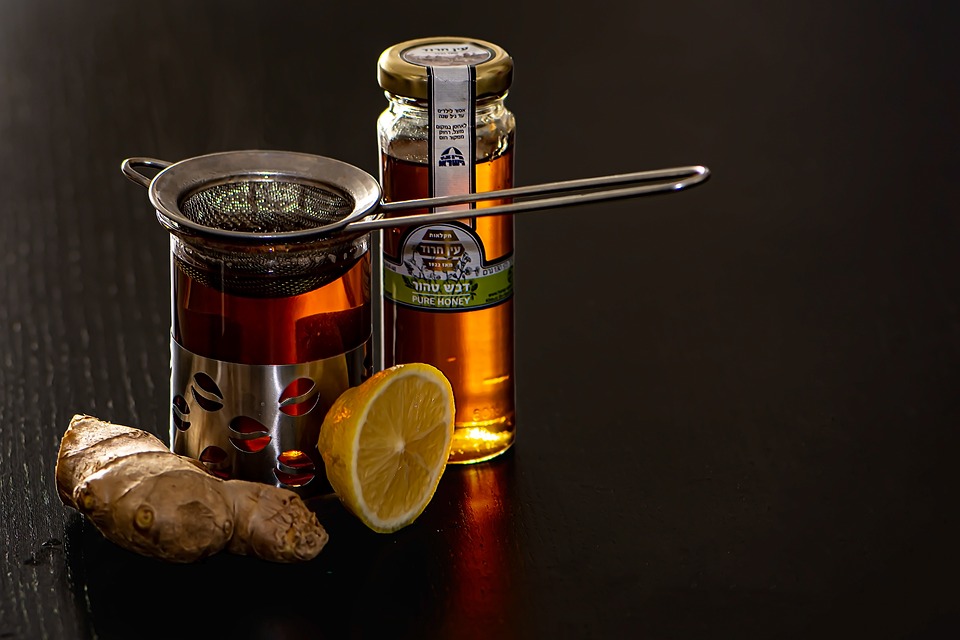Stay Pawsitively Hydrated: The Importance of Pet Hydration
Introduction
As pet owners, we know how important it is to keep our furry friends healthy and happy. One often overlooked aspect of pet care is ensuring proper hydration. Just like humans, pets need to consume an adequate amount of water throughout the day to maintain their overall well-being. In this article, we will explore the importance of pet hydration and provide tips on how to keep your pets properly hydrated.
Why is Pet Hydration Essential?
Proper hydration plays a crucial role in maintaining your pet’s health. Water is essential for various bodily functions, including:
- Regulating body temperature
- Transporting nutrients and oxygen
- Promoting digestion
- Eliminating waste through urination
- Cushioning joints and protecting organs
Without sufficient hydration, pets can experience dehydration, which can lead to serious health complications. Dehydration may weaken their immune system, impair organ function, and even cause overheating or heatstroke in hot weather.
How to Ensure Your Pet Stays Hydrated
Here are some essential tips to help you keep your pet pawsitively hydrated:
1. Provide Fresh Water
Always ensure your pet has access to fresh, clean water throughout the day. Check their water bowl regularly and refill it as needed. Some pets prefer running water, so consider using a pet fountain to entice them to drink more.
2. Monitor Water Intake
Pay attention to your pet’s water intake. If you notice a significant decrease, it could be a sign of an underlying health issue. Consult with your veterinarian if you have concerns about their water consumption.
3. Provide Moisture-Rich Foods
Include wet or moist foods in your pet’s diet. These can contribute to their overall hydration levels. If you primarily feed dry kibble, consider adding a small amount of water or high-quality broth to moisten the food. However, be cautious with cat food, as it requires a different balance of nutrients.
4. Keep Multiple Water Stations
Place water bowls in multiple locations throughout your home, especially if you have a larger house or multiple pets. This ensures that your pet can easily access water, regardless of their location.
5. Hydration During Outdoor Activities
If you engage in outdoor activities with your pet, such as walks or hikes, remember to take frequent water breaks. Carry a portable water bottle and a collapsible bowl to provide water for your pet on the go.
6. Special Considerations for Cats
Cats can be fussier about their water sources. Experiment with different types of bowls, such as wide shallow dishes or even pet fountains, to see what your cat prefers. Some cats might prefer rainwater or filtered water.
FAQs about Pet Hydration
Q: How much water should my pet drink daily?
A: The required amount of water varies based on factors such as your pet’s size, activity level, and the climate. As a general guideline, cats typically need 3.5-4.5 ounces of water per 5 pounds of body weight, while dogs require approximately 1 ounce of water per pound of body weight.
Q: Are there any signs of dehydration in pets?
A: Yes, common signs of dehydration in pets include sunken eyes, dry gums, loss of skin elasticity, lethargy, decreased appetite, and a sticky or dry coat.
Q: Can certain medical conditions affect pet hydration?
A: Yes, conditions such as kidney disease, urinary tract infections, diabetes, and gastrointestinal issues can impact a pet’s hydration levels. If your pet has any underlying health conditions, consult with your veterinarian on how to manage their hydration needs.
Q: What are the dangers of overhydration?
A: Overhydration, although rare, can occur if a pet excessively consumes water. This can lead to a condition called hyponatremia, where the body’s sodium levels become diluted. Signs of overhydration include vomiting, lethargy, bloating, and even seizures. Ensure your pet has access to water but avoid excessive intake, especially during intense physical activity.
Conclusion
Pet hydration is a fundamental aspect of responsible pet ownership. By ensuring your pet stays hydrated, you can help prevent various health issues and improve their overall well-being. Remember to provide fresh water, monitor their water intake, and consider incorporating moisture-rich foods into their diet. Don’t forget to keep them properly hydrated during outdoor activities. Lastly, always pay attention to your pet’s individual needs and consult with your veterinarian if you have any concerns about their hydration levels.

